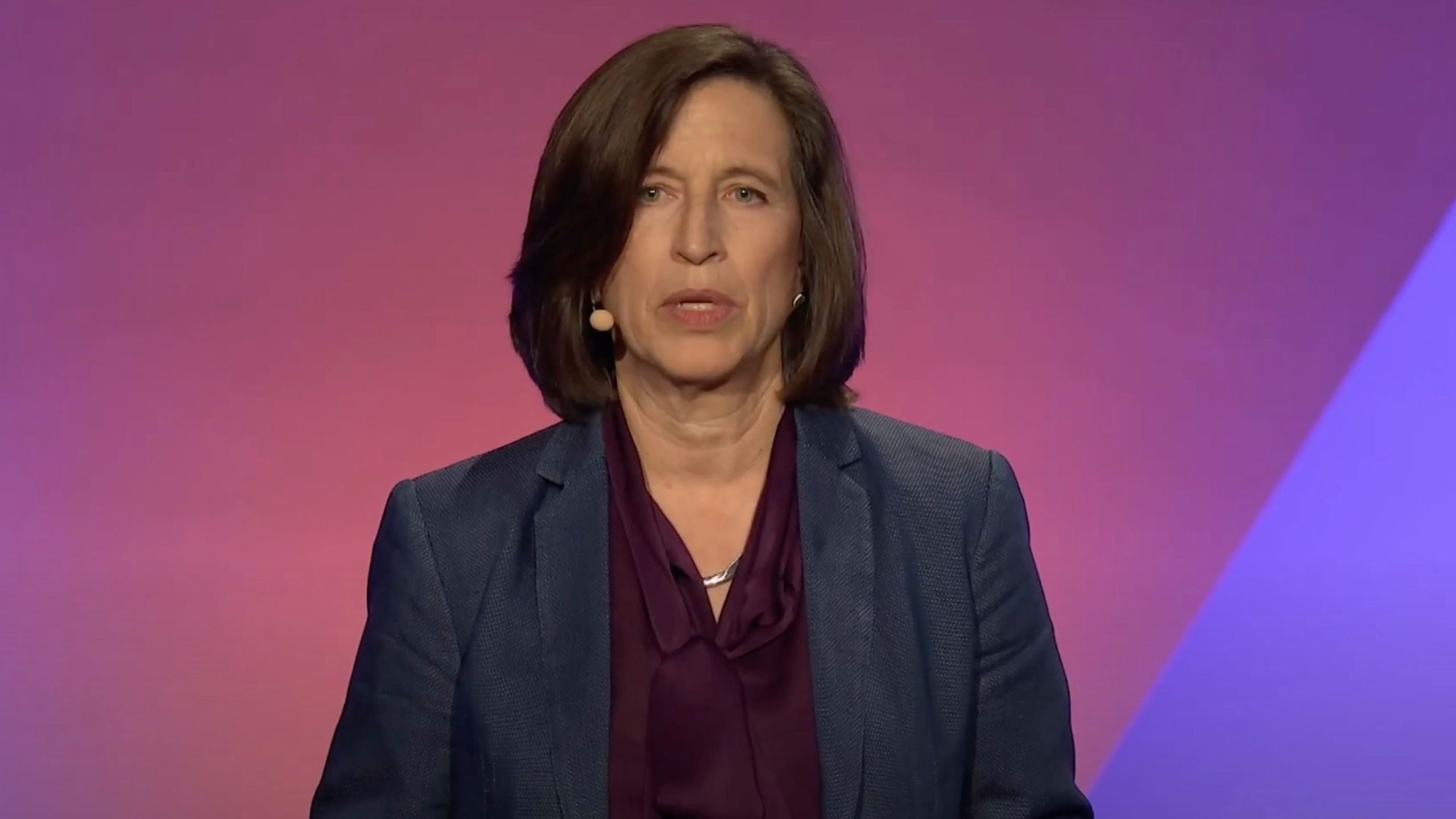Here comes UN’s Under-Secretary-General for Global Communications Melissa Fleming once again – with more demands regarding “misinformation” and “hate speech.”
And, censorship – the kind that would be algorithmically recommended, leading to demonetization of content and creators.
Yet a UN press release makes a grand statement – that its Communications Department is continuing to work “where public interest media are struggling to operate or are prevented from covering the truth.”
Backed up by a number of UN members (Lithuania, Estonia, Vietnam, and El Salvador among them, for their own specific reasons) – Fleming addressed the Fourth Committee (Special Political and Decolonization), to seemingly casually throw in “disinformation,” “AI,” and such, together with some of the most difficult issues related to wars and geopolitical hotspots (which is what the UN is supposed to be dealing with in the first place).
But Fleming took the opportunity to work not only her department’s engagement on “climate communications,” the humanitarian issues in the Middle East, Ukraine, etc. into her statements, and instead also highlight the UN Global Principles for Information Integrity, which recommend how member-countries may meet their commitments from the Global Digital Compact.
The principles, Fleming noted, “have important recommendations for tech companies.” She complained that there has been “very little self regulation” there, and identified two groups – those who want a “healthier information ecosystem” and those that want it to be “toxic.”
Fleming is not only optimistic that the first category is more numerous, but also about “lots of pressure” that’s currently on AI developers. In her words, it’s to “put the guardrails up before it is too late.”
Too late for what, though – that’s something the UN press release doesn’t go into.
Instead, this reporting about the committee’s meeting looks like it’s designed to at once promote the supposed successes of the UN Communications Departments in these various areas (detailing the number of various website hits, video views, etc.,) – and ask for more money from member states, to sustain the effort.
Namely, it mentions that these achievements were made “despite the resource crunch.”
Opponents of Fleming’s approach, and that of the UN in general, might be saying – may the crunch continue.










